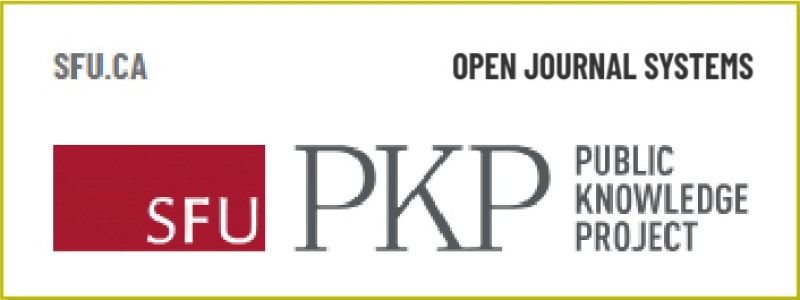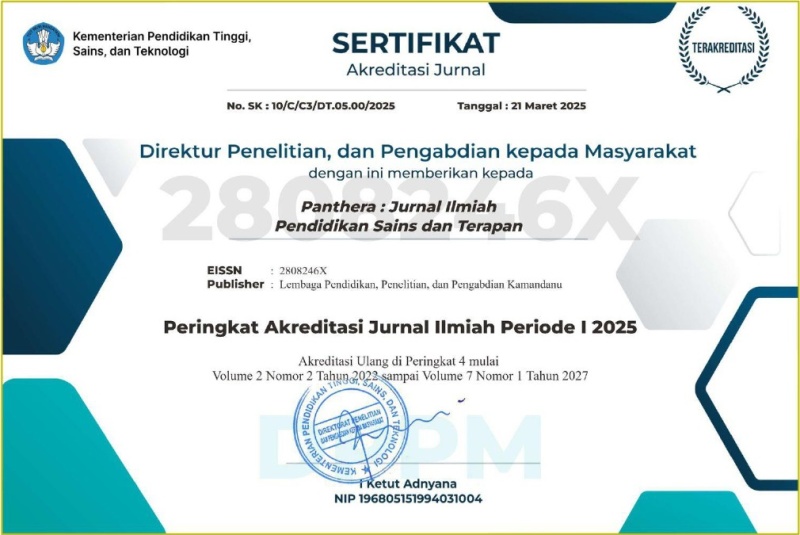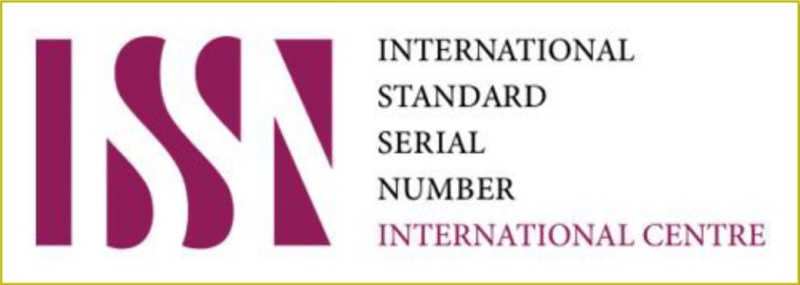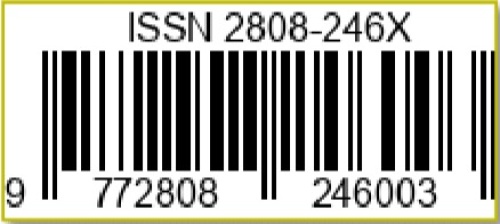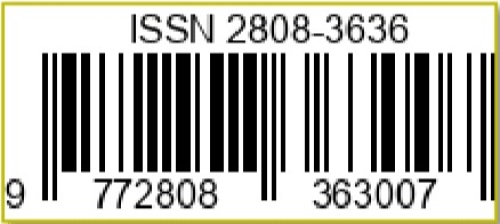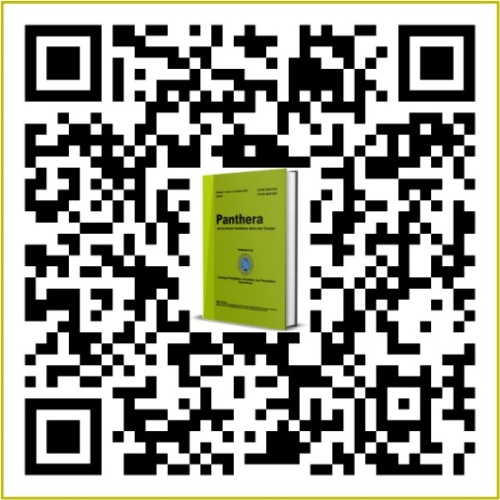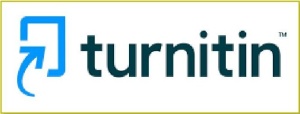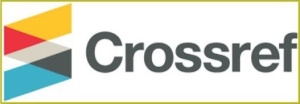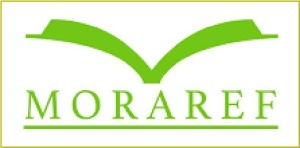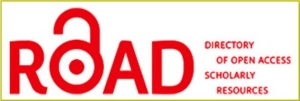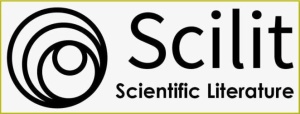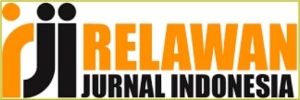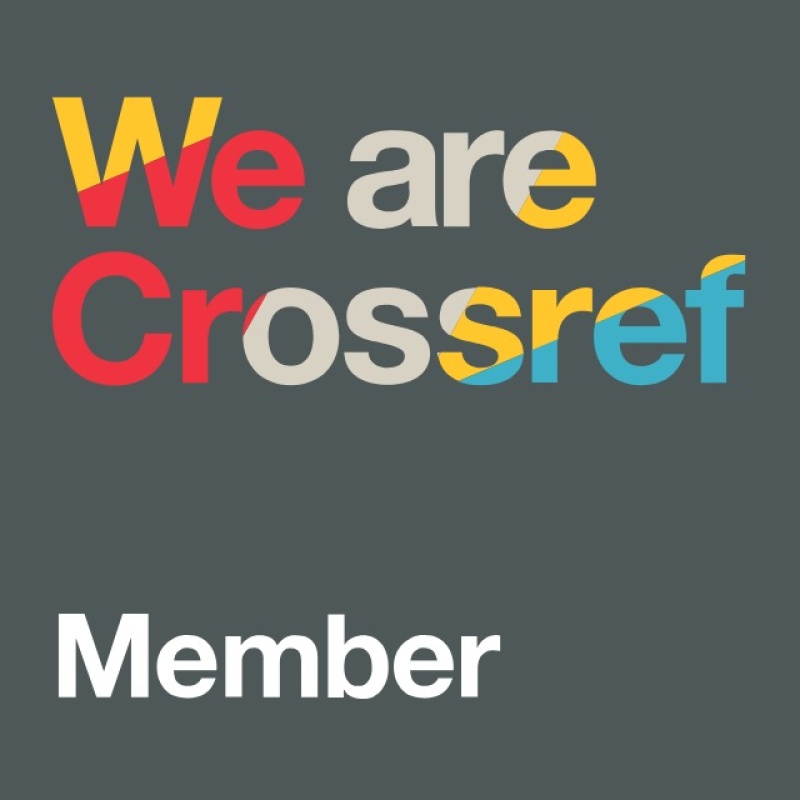Pengaruh Model Pembelajaran Problem Based Learning Berbantuan E-LKPD terhadap HOTS Literasi Siswa pada Materi Kesetimbangan Kimia
DOI:
https://doi.org/10.36312/panthera.v5i4.692Keywords:
HOTS Literacy, Chemical Equilibrium, E-LKPD Media, PBL ModelAbstract
This study aims to analyze whether the literacy HOTS of students taught with the E-LKPD-assisted Problem Based Learning (PBL) model is higher than the literacy HOTS of students taught using the conventional model. The population of this study is class XI of SMA Negeri 2 Medan which consists of 12 classes. The research sample was 36 students in grades XI Sativa and XI Pluto. The test instrument was 24 valid items with an r11 value of 0.873. The hypothesis test used the right-hand t-test with the results of the study obtained a tcal value of > ttable (7.481 > 1.994). This means that Ha is accepted and H0 is rejected, which means that the HOTS of student literacy using the Problem Based Learning (PBL) model assisted by E-LKPD media is higher than the HOTS of student literacy by using the conventional model on chemical equilibrium material, with an N-Gain value in the experimental class of 0.80 (80%), and an N-Gain value in the control class of 0.65 (64.94%). Furthermore, the most developed aspect of literacy HOTS is C5 level reasoning with a percentage of 87%. These findings prove that E-LKPD-assisted PBL is effective in improving HOTS-based chemical literacy in chemical equilibrium materials.
Downloads
References
Afida, I., Diana, E., & Puspita, D. M. A. (2021). Merdeka Belajar dan Pendidikan Kritis Paulo Friere dalam Pembelajaran Pendidikan Agama Islam. Falasifa : Jurnal Studi Keislaman, 12(02), 45-61. https://doi.org/10.36835/falasifa.v12i02.553
Ainia, D. K. (2020). Merdeka Belajar dalam Pandangan Ki Hadjar Dewantara dan Relevansinya bagi Pengembangan Pendidikan Karakter. Jurnal Filsafat Indonesia, 3(3), 95-101. https://doi.org/10.23887/jfi.v3i3.24525
Dewi, S., Sumarmi, S., & Amirudin, A. (2016). Penerapan Model Pembelajaran Problem Based Learning untuk Meningkatkan Keaktifan dan Keterampilan Sosial Siswa Kelas V SDN Tangkil 01 Wlingi. Jurnal Pendidikan : Teori, Penelitian, dan Pengembangan, 1(3), 281-288. https://doi.org/10.17977/jp.v1i3.6148
Dwijayanti, N. (2021). Pembelajaran Berbasis HOTS sebagai Bekal Generasi Abad 21 di Masa Pandemi. Kalam Cendekia : Jurnal Ilmiah Kependidikan, 9(1), 332-336. https://doi.org/10.20961/jkc.v9i1.53837
Ervina, A., Suharto, Y., & Rahmawati, R. (2023). Penerapan Model Problem Based Learning untuk Meningkatkan Kemampuan Berpikir Kritis Siswa Kelas X. Journal of Geographical Sciences and Education, 1(2), 64-78. https://doi.org/10.69606/geography.v1i2.60
Farisi, A., Hamid, A., & Melvina, M. (2017). Pengaruh Model Pembelajaran Problem Based Learning terhadap Kemampuan Berpikir Kritis dalam Meningkatkan Hasil Belajar Siswa pada Konsep Suhu dan Kalor. Jurnal Ilmiah Mahasiswa (JIM) Pendidikan Fisika, 2(3), 283-287.
Febrianti, I. R., Subiki, S., & Supriadi, B. (2023). Pengaruh Model Pembelajaran Problem Based Learning Berbantuan E-LKPD terhadap Aktivitas dan Hasil Belajar Siswa SMA Pokok Bahasan Besaran dan Satuan. Jurnal Pembelajaran Fisika, 12(2), 41-46. https://doi.org/10.19184/jpf.v12i2.36079
Fuadi, H., Robbia, A. Z., Jamaluddin, J., & Jufri, A. W. (2020). Analisis Faktor Penyebab Rendahnya Kemampuan Literasi Sains Peserta Didik. Jurnal Ilmiah Profesi Pendidikan, 5(2), 108-116. https://doi.org/10.29303/jipp.v5i2.122
Hardani, H., Ustiawaty, J., Andriani, H., Utami, E. F., Istiqomah, R. R., Fardani, R. A., Sukmana, D. J., & Auliya, N. H. (2020). Metode Penelitian Kualitatif dan Kuantitatif. Yogyakarta: CV. Pustaka Ilmu.
Hayat, M. S. (2018). Hakikat Sains & Inkuiri. OSF (pp. 1-21). https://doi.org/10.31227/osf.io/3zy85
Masitoh, L. F., & Aedi, W. G. (2020). Pengembangan Instrumen Asesmen Higher Order Thinking Skills (HOTS) Matematika di SMP Kelas VII. Jurnal Cendekia : Jurnal Pendidikan Matematika, 4(2), 886-897. https://doi.org/10.31004/cendekia.v4i2.328
Noprinda, C. T., & Soleh, S. M. (2019). Pengembangan Lembar Kerja Peserta Didik (LKPD) Berbasis Higher Order Thinking Skill (HOTS). Indonesian Journal of Science and Mathematics Education, 2(2), 168-176. https://doi.org/10.24042/ijsme.v2i2.4342
Novita, R. R. (2023). Physics E-Book with Augmented Reality to Improve Students’ Interest in Physics. Jurnal Pendidikan Indonesia, 12(1), 145-154. https://doi.org/10.23887/jpiundiksha.v12i1.52764
Nuryadi, N., Astuti, T. D., Utami, E. S., & Budiantara, M. (2017). Dasar-dasar Statistik Penelitian. Yogyakarta: Sibuku Media.
OECD. (2023). Program for International Student (PISA) 2022 Assessment and Analytical Framework. Paris: OECD Publishing.
Rusli, N. S., Ibrahim, N. H., Hanri, C., & Surif, J. (2024). E-Module Problem-Based Learning on Chemical Equilibria to Improve Students’ Higher-Order Thinking Skills: An Analysis. International Journal of Evaluation and Research in Education, 13(1), 454-465. https://doi.org/10.11591/ijere.v13i1.25972
Safnowandi, S. (2021). Pengaruh Model Pembelajaran Contextual Teaching and Learning (CTL) terhadap Hasil Belajar Kognitif dan Literasi Sains Siswa. Bio-Edu: Jurnal Pendidikan Biologi, 6(1), 40-54. https://doi.org/10.32938/jbe.v6i1.831
Sani, R. A. (2019). Pembelajaran Berbasis HOTS Edisi Revisi: Higher Order Thinking Skills. Tangerang: Tira Smart.
Siahaan, R., Sitorus, M., & Silaban, S. (2021). The Development of Teaching Materials Oriented to Critical Thinking Skills for Chemistry Class XI High School. Jurnal Pendidikan Kimia, 13(1), 60-68. https://doi.org/10.24114/jpkim.v13i1.24145
Silitonga, M. F., Pramonowibowo, P., & Hartoko, A. (2014). Analisa Sebaran Bagan Tancap dan Hasil Tangkapan di Perairan Bandengan, Jepara, Jawa Tengah. Journal of Fisheries Resources Utilization Management and Technology, 3(2), 77-84.
Susanti, N. Y., Trapsilasiwi, D., & Kurniati, D. (2015). Analisis Tingkat Kognitif Uji Kompetensi pada Buku Sekolah Elektronik (BSE) Matematika SMP/MTs Kelas VII Kurikulum 2013 Berdasarkan Taksonomi Bloom. Kreano : Jurnal Matematika Kreatif-Inovatif, 6(1), 67-78. https://doi.org/10.15294/kreano.v6i1.4509
Yulianti, D., Leksono, S. M., & Alamsyah, T. P. (2025). LKPD Berbasis Problem Based Learning (PBL) pada Materi Konservasi Alam SMP. Systematic Literature Review, 1(2), 93-104.
Yuriza, P. E., Adisyahputra, A., & Sigit, D. V. (2018). Correlation between Higher-Order Thinking Skills and Level of Intelligence with Scientific Literacy on Junior High School Students. Biosfer : Jurnal Pendidikan Biologi, 11(1), 13-21. https://doi.org/10.21009/biosferjpb.11-1.2
Zubaidah, S. (2018). Mengenal 4C: Learning and Innovation Skills untuk Menghadapi Era Revolusi Industri 4.0. In Prosiding Seminar Science Education National Conference (pp. 1-10). Madura, Indonesia: Universitas Trunojoyo Madura.
Downloads
Published
How to Cite
Issue
Section
License
Copyright (c) 2025 Sri Anugrah Cristina Rumapea & Retno Dwi Suyanti

This work is licensed under a Creative Commons Attribution-ShareAlike 4.0 International License.
-
Attribution — You must give appropriate credit, provide a link to the license, and indicate if changes were made. You may do so in any reasonable manner, but not in any way that suggests the licensor endorses you or your use.
-
ShareAlike — If you remix, transform, or build upon the material, you must distribute your contributions under the same license as the original.


